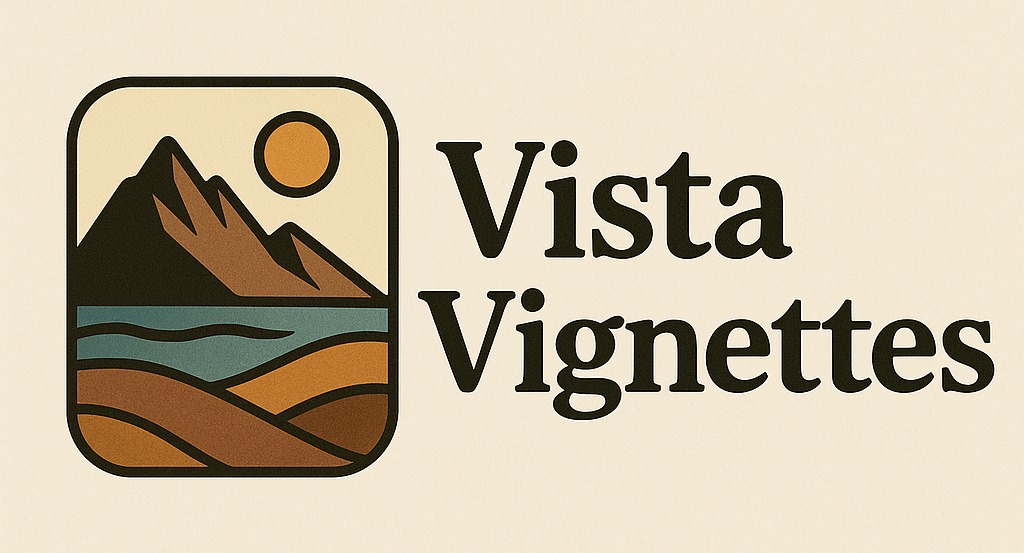Ten years in the past, craft beer followers couldn’t have imagined “line life” referring to something aside from the hourslong queue for a brewery’s newest restricted launch. At this time, nonetheless, it may very nicely describe the grocery store checkout line. As craft beer fades from shiny new toy into simply one other on a regular basis beverage choice, extra beer drinkers are getting their IPA and stout fixes from the identical place as their cereal and hummus. And in a rising variety of supermarkets, that beer is from a retailer’s personal model.
The recognition of grocery shops’ private-label beer manufacturers—that’s, cans and bottles with store-brand labels, however brewed by a contract brewer—is on the rise: Per Brewbound, gross sales of those grew by 122 % from 2023 to 2024. Aldi, whose general stock is 90 % personal label, has doubled its beer portfolio to 16 SKUs—plus seasonal additions—within the final two years, and gross sales have grown over 100%. And, in keeping with speculative studies, Walmart, the nation’s largest grocery chain, is working by itself brews.
Aldi’s lineup contains beers with names and label designs that would come from any native brewery: Wernesgrüner Pils, Wild Vary Brewing Firm IPA, White Tide Wheat Beer. At Dealer Joe’s, prospects can get the shop’s personal Drive Via Pink Dry Hopped Pink Ale, Stockyard Oatmeal Stout or Boatswain IPA—American, double or hazy—beneath the shop’s brewery simulacrum, “Josephsbrau.” Costco has provided beers via its Kirkland Signature model (which additionally sells spirits) on and off over time, however appears to have lastly struck gold in fall 2024 with a helles-style lager; it’s been met with rave opinions due to the actual fact it’s truly repackaged Prinz Crispy, a Nice American Beer Competition gold medal winner from Oregon’s Deschutes Brewery.
As for the beers themselves, general, amongst craft beer drinkers, they’re getting combined suggestions. “The Wernesgruner Pilsner is surprisingly good for the worth level,” says one Reddit person. On an “Aldi Aisle of Disgrace” Fb publish, a commenter calls that very pilsner “the one beer price shopping for,” whereas one other says all Aldi beers appear milder than these from different breweries. One Redditor casts Dealer Joe’s complete lineup as a no-go, whereas but one other thread is devoted to mourning the discontinuation of the shop’s (vaguely racist?) Dealer José Mexican-style lager. In the meantime, Reddit threads reveal Costco’s co-branded Deschutes lager has received beer-fan cred with customers enthusiastic about its top quality.
However why are grocery shops leaning into private-label beer within the first place? A part of it, it appears, is that customers appear extra receptive to it than ever.
“Personal label is a confirmed technique for grocers: high-margin, high-trust and more and more consumer-preferred,” says Theodore Schweitz, CEO of CPG networking firm Drive Wheel. He says that beer, “a class that’s turn out to be bloated and bewildering to shoppers,” was prime for the private-label therapy. Retailers have an unimaginable quantity of information on what their prospects purchase, Schweitz provides, to allow them to lower via the noise with what their customers need and the way they need it. Working example: Aldi has a staff devoted to monitoring shopper preferences, in keeping with Arlin Zajmi, the corporate’s wine specialist and director of nationwide shopping for for grownup drinks. That staff collaborates intently with Aldi’s beer and wine suppliers to supervise recipes.
Personal-label gross sales are the results of an ideal storm of shoppers tightening their belts within the face of an inflation-burdened economic system, grocery shops having the sources to zero in on precisely what customers need, and the truth that prospects belief their go-to shops to ship high quality. Beverage reporter Kate Bernot cites comparable private-label choices in each class, from foods and drinks to magnificence merchandise. “There are dupes from grocery retailer and drugstore manufacturers, and TikToks saying ‘This drugstore-brand lip gloss is simply nearly as good as Fenty.’” It’s turn out to be extra socially accepted than ever to bargain-hunt—why spend extra should you don’t must?
At a New York Costco, a 12-pack of Kirkland Signature Helles-Fashion Lager is $15.69. Deschutes doesn’t promote Prinz Crispy beneath its unique label anymore, however its King Crispy Pilsner is $9.50 for a sixer, so $19 for 12 cans. The distinction isn’t earth-shattering, however it’s not nothing. It represents a compromise for shoppers who need the style of craft beer, however wouldn’t thoughts saving a couple of bucks.
“Younger drinkers don’t see craft as a distinct class, I don’t assume. To them, beer is beer.”
Shops, too, have gotten extra clear about who brews their private-label beers—information that was once a (poorly stored) secret; Aldi is now open about its partnerships with contract brewers Octopi Brewing and Genesee Brewing Co. as Costco is with Deschutes, and that’s a part of the draw for religious craft beer followers.
“What initially drew my eye to the Kirkland lager was that it was brewed by Deschutes,” says Isaac Bell, a Washington, D.C.–primarily based pitmaster and beertender. “And that it was a helles lager. Certainly one of my favourite kinds, brewed by a craft brewery that’s a part of the Brewers Affiliation… At lower than $1.25 a can for the Kirkland lager, I’ve obtained Crispys within the fridge all day lengthy.”
For upstate New York beer author Will Cleveland, these grocery retailer beers supply a possibility for discovery that drives craft fanatics. Particularly, he’s a fan of Deschutes’ Costco lager; Mountain Brew, a beer by Paradox Brewery for comfort retailer chain Stewart’s; and Locken’s Ruby Grapefruit kölsch, brewed by Genesee for Aldi. He additionally outlets at Wegmans, which sells store-exclusive beers, like Different Half’s Astor Place hazy IPA; it’s a greenback or two cheaper than the brewery’s different hazies.
Others attribute this rise to alternative—an excessive amount of of it. Beer author and writer Jeff Alworth just lately wrote that craft beer is in its “wallpaper section”—as in, craft beer is simply there now, within the background, one other beverage choice. “Younger drinkers don’t see craft as a distinct class, I don’t assume. To them, beer is beer,” he says. “Modelo or an area IPA? Beer.” When prospects don’t take into account native, independently made beer particular, he provides, they’re much less keen to pay a premium.
Because the craft beer market has modified, the breweries which have finest weathered the shift are those that meet shoppers the place they’re, and use what they learn about at present’s drinkers to adapt. Finally, grocery retailer chains—with budgets exponentially bigger than any craft brewery’s and whole groups devoted to making use of information to product growth—are nailing this, courting craft beer followers and extra mainstream drinkers alike.
“When beer appears so overwhelming, there’s one thing very interesting about choosing one thing simple,” says Bernot. “We overlook that’s the way in which so many individuals store: Whether or not it’s Kirkland beer or Twisted Tea, they’re going for the factor that’s identified, simple and clear,” like a can that merely reads Lager, entrance and middle.


